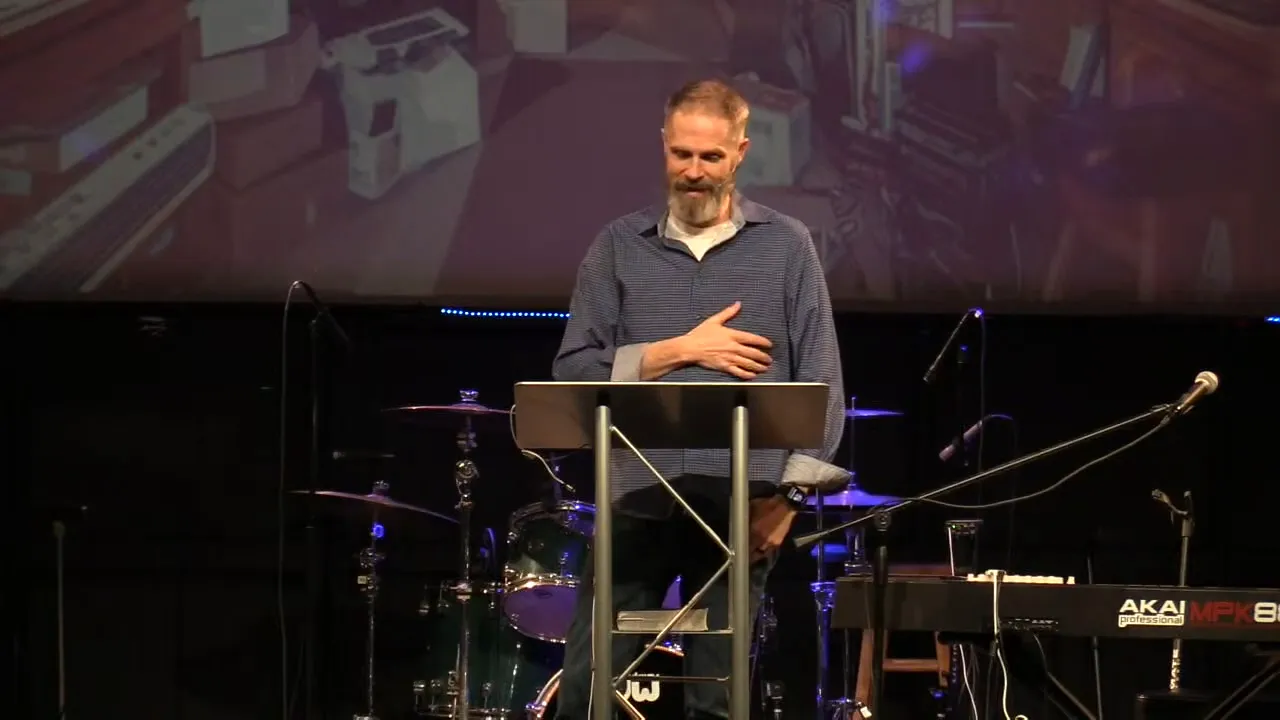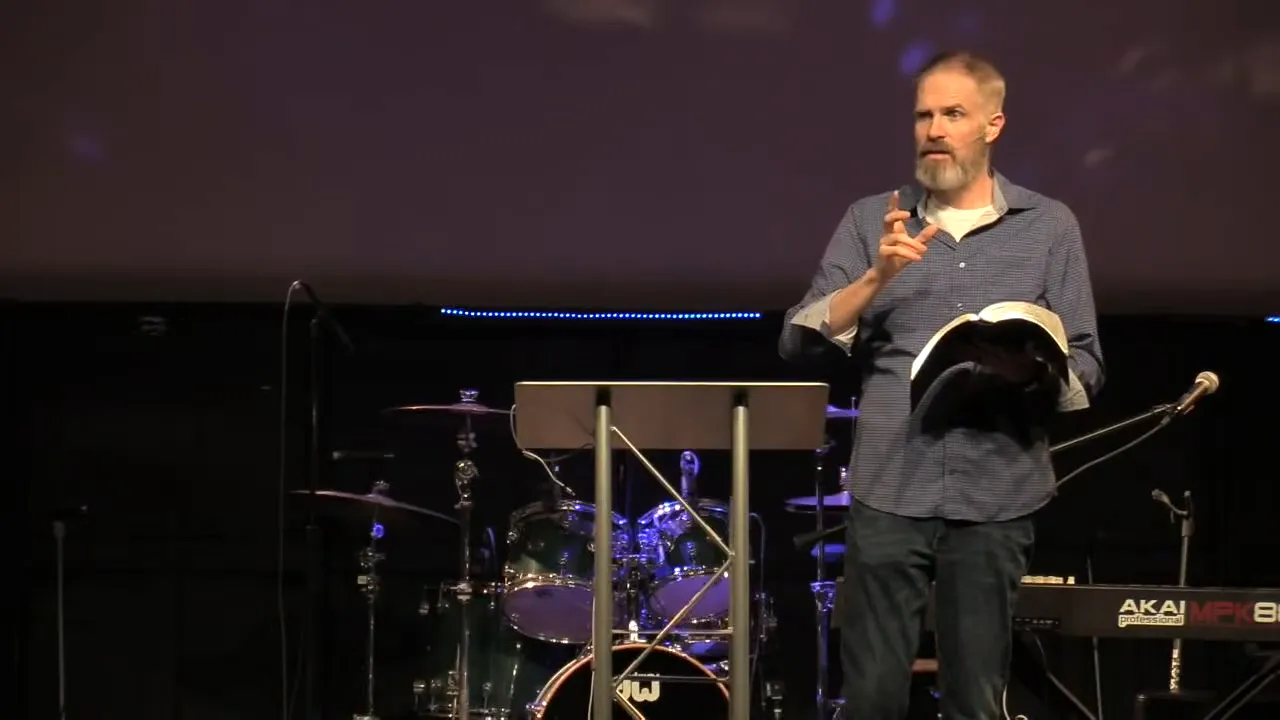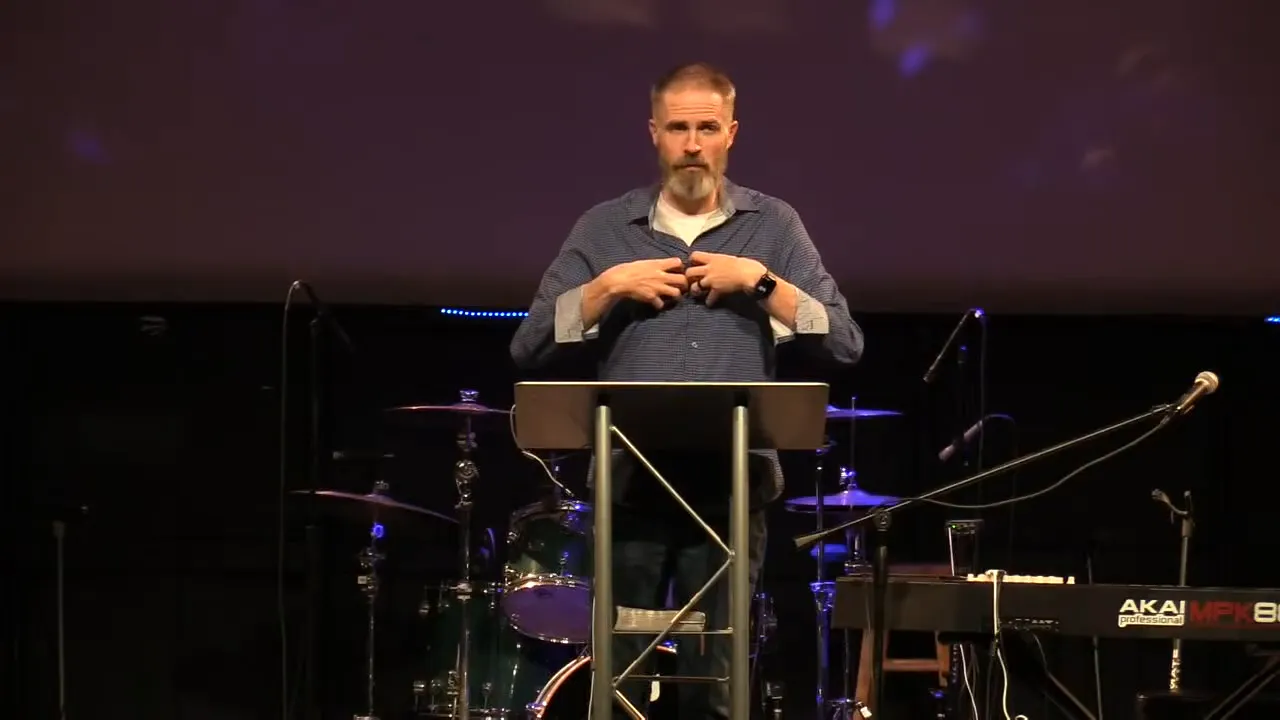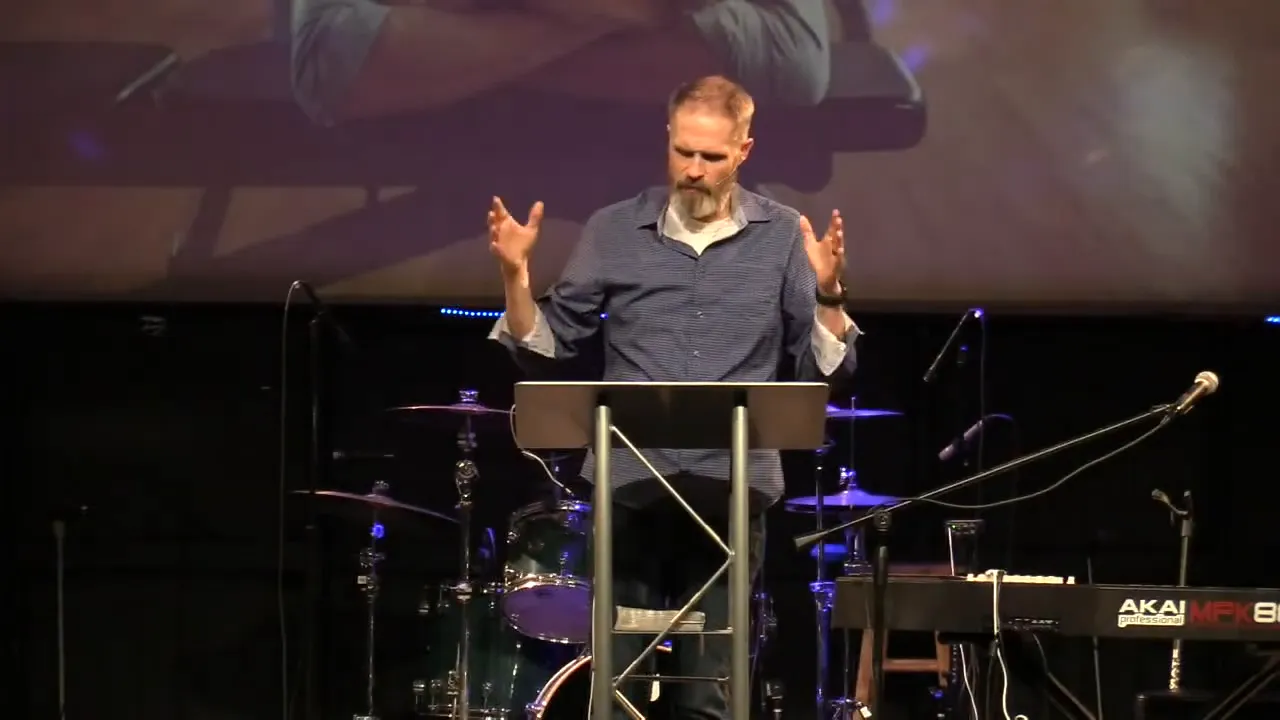Understanding the Parable of the Wheat and Weeds
Have you ever opened your garage and felt overwhelmed by the clutter? I sure have! My garage is what I like to call the "garage of good intentions." It's filled with all sorts of things I promise myself I'll use someday. But when that day comes, I often find myself wondering if I should keep something or toss it out. I know I'm not alone in this struggle. Many of us have similar experiences, whether it's an unused treadmill or boxes of cherished memories. Today, I want to dive into the deeper meaning of what we keep and what we throw away, both in our lives and spiritually.
The Garage of Good Intentions
Let's face it: our garages can become a metaphor for our lives. We collect things, hoping they will be useful someday, just as we gather spiritual knowledge without putting it into practice. This clutter—both physical and spiritual—can weigh us down. In my garage, I have vintage electronics and a treadmill that has become a clothes rack. What about you? What have you been holding onto that you know you should let go of?

Proximity vs. Connection
It's easy to mistake proximity for connection. Just because we are close to something doesn't mean we truly understand or embrace it. This applies to our relationship with Christ as well. Many people attend church, read the Bible, and engage in spiritual discussions, yet they lack a genuine connection with Jesus. We can hoard information without ever transforming our lives. Today, I challenge you to reflect on whether you are merely in proximity to Jesus or if you are genuinely connected to Him.
The Parable of the Wheat and Weeds
In Matthew 13, Jesus shares a parable about a farmer who plants good seeds in his field. That night, an enemy sneaks in and plants weeds among the wheat. When the crops begin to grow, the workers notice the weeds and want to pull them out. However, the farmer instructs them to let both grow until the harvest. This parable illustrates the coexistence of good and evil in our world, as well as the importance of patience and discernment in our spiritual lives.
Understanding the Characters
In this parable, the farmer represents Jesus, the good seeds symbolize the children of the kingdom, and the weeds represent those who belong to the evil one. The enemy who sows the weeds is the devil, and the harvest symbolizes the end of the world. As we navigate our lives, we must recognize that we, too, can embody both wheat and weeds. It's a complex mix of good and bad, and our choices determine which side we lean towards.

Self-Reflection and Transformation
As we reflect on our lives, let’s consider how we can move closer to Jesus. It’s essential to recognize that we all have the potential for both good and evil. The journey of discipleship is not about achieving perfection but about striving for transformation. Just as we work on our physical health, we should also focus on our spiritual health. This means choosing to engage with our faith actively and consistently.
The Choice is Yours
Every day, you have the choice to engage in kingdom activities or remain in the world. Jesus is a light in this world, attracting many, but not everyone will choose to follow Him. The challenge lies in moving from being an observer to an active participant in your faith. Are you ready to take that step? The choice is yours, and it starts with a simple response to God's invitation.

Take Action
As we conclude, I encourage you to reflect on your relationship with God. What fruit is being produced in your life? Are you growing in your faith? If not, it may be time to take a step forward into discipleship. We have opportunities available, such as courses and community groups, to help you deepen your connection with Christ. Remember, it’s not just about knowing; it’s about doing.

